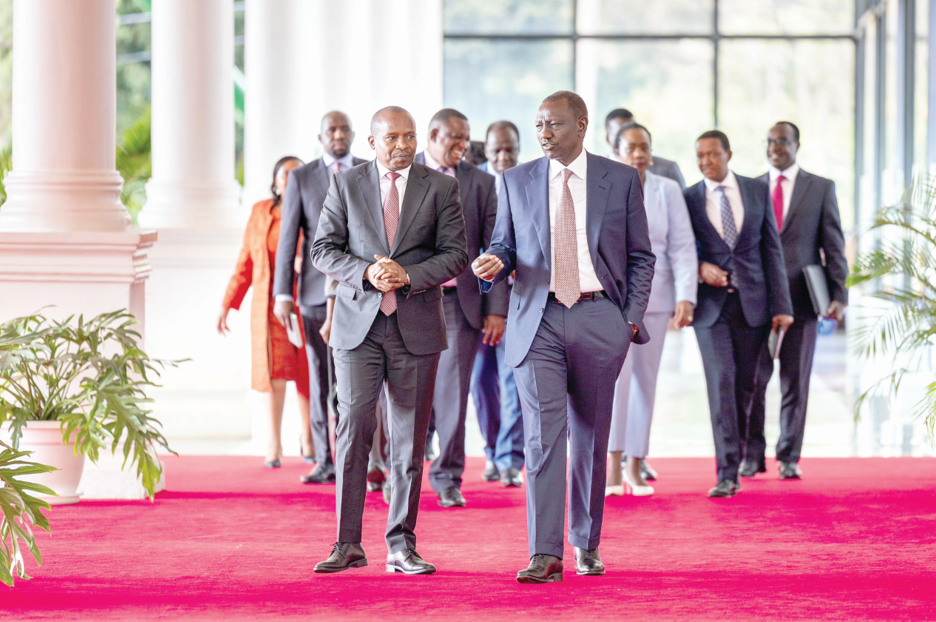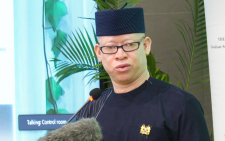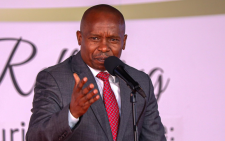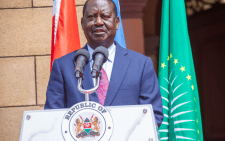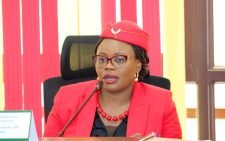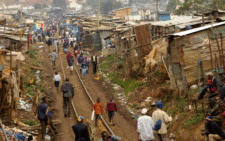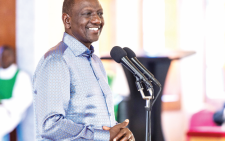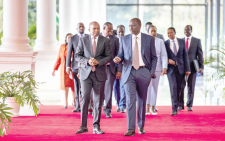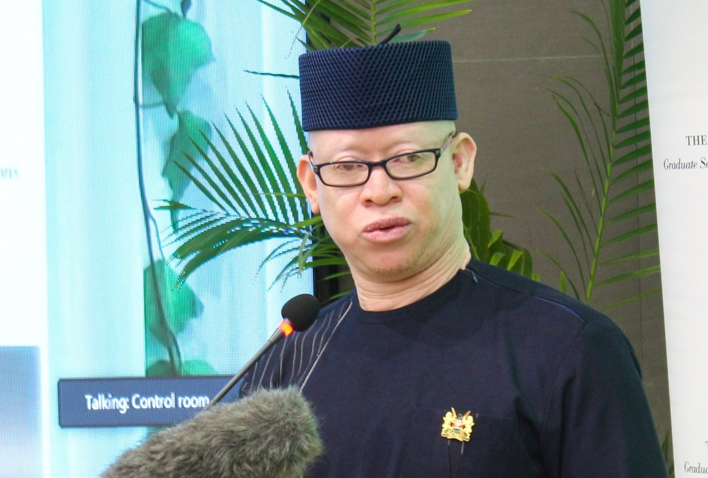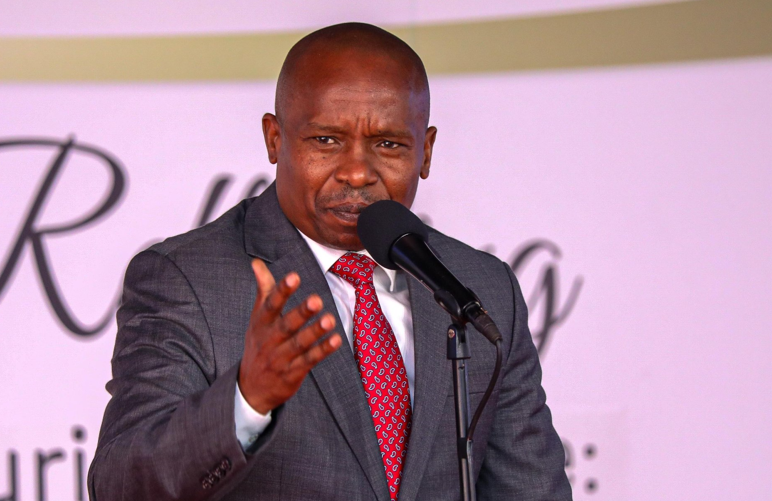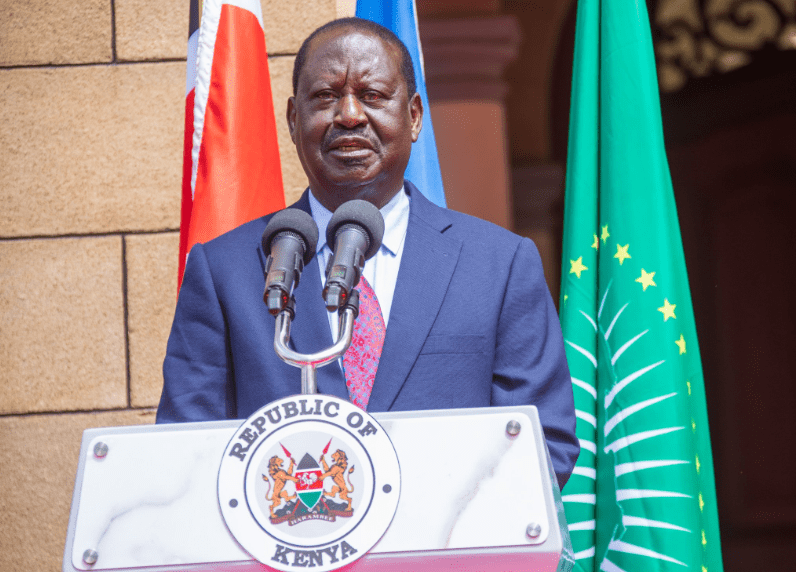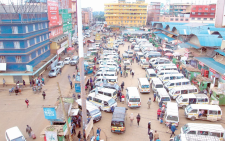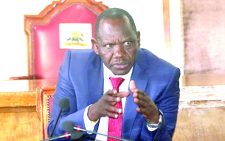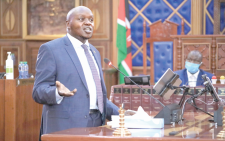President William Ruto yesterday chaired a cabinet meeting at State House, Nairobi, where it was briefed on the impressive stabilisation of the macroeconomic situation in the country following two years of deliberate fiscal management measures.
The Kenyan economy continues its strong recovery from past global and domestic challenges, achieving robust growth, the CSs were briefed.
They were informed that inflation, which reflects the increase in prices over time, had declined substantially to 2.7 per cent last month, down from a high of 9.6 per cent in September 2022.
This is the lowest inflation rate since 2007, during President Mwai Kibaki’s tenure, and aligns with the target set in the Kenya Kwanza Manifesto.
Consequently, the prices of various types of food, particularly maize, beans, and peas, have decreased over the past year.
A 2kg packet of maize, which was retailing at Sh176 a year ago is now selling at Sh124, the cabinet heard.
The Cabinet was also informed that foreign exchange reserves at the Central Bank are at an all-time high of $9.5 billion, an increase of $2.4 billion, equivalent to 4.4 months of export cover.
The meeting was further briefed that the country’s economic growth has remained steady and ranks among the highest globally, at 5.6 per cent in 2023, with an estimated growth of 5 percent this year and 5.6 per cent next year.
Regarding the exchange rate, the Cabinet noted that it has stabilised at Sh129 from Sh162, after appreciating by nearly 20 percent earlier in the year. This appreciation has led to reduced external debt service.
Interest rates are beginning to decrease, which will result in lower domestic interest rate costs, creating fiscal space.

